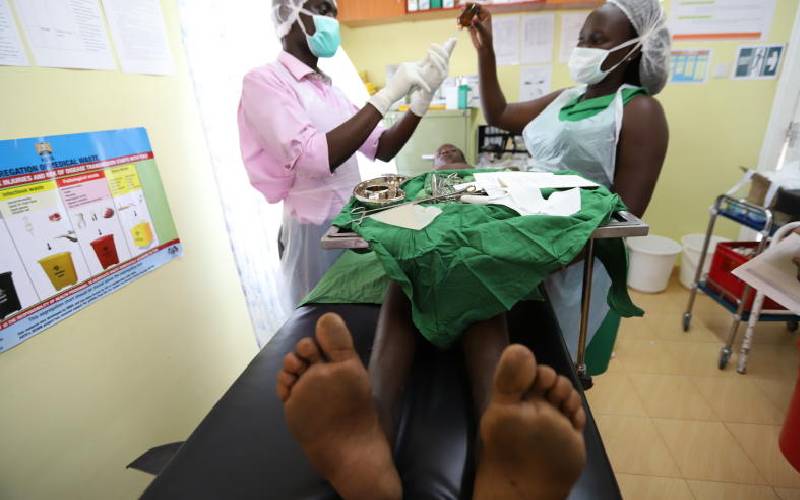×
The Standard e-Paper
Stay Informed, Even Offline

Medical experts are warning of a possible surge in HIV infection in Nyanza following a dip in voluntary medical male circumcision (VMMC) by 90 per cent.
A report by the National Aids and STIs Control Programme (Nascop) indicates that the number of those undergoing the cut in Kisumu has reduced from 900 every month in November last year, to 100.